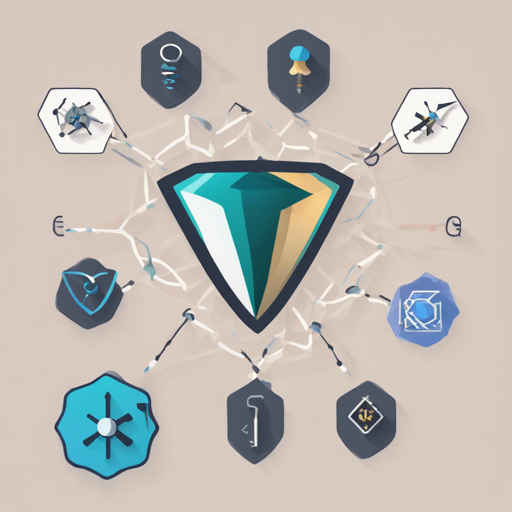In the world of Flutter, performance is key. When it comes to handling long-running tasks, Dart isolates shine as independent threads of execution. Enter FlutterIsolate, a powerful plugin designed to facilitate communication with these isolates while freeing the main thread from expensive tasks. This article will guide you through the essential functions of FlutterIsolate and illustrate how to integrate it seamlessly into your app.
What is FlutterIsolate?
A Dart isolate can be likened to a skilled chef in a busy kitchen. While the head chef (the main isolate) orchestrates the overall dinner service, individual chefs (the spawned isolates) can take on specific cooking tasks simultaneously without disrupting the flow in the kitchen. In Flutter, spawning an isolate allows your app to run tasks independently, preventing bottlenecks that would otherwise hinder the user interface (UI) responsiveness.
However, it’s important to note that isolates generally can’t interact with Flutter plugins directly due to the tight integration between platform APIs and the main application isolate. This is where the FlutterIsolate plugin comes into play, providing a robust solution for this limitation.
Core Features of FlutterIsolate
- FlutterIsolate.spawn(entryPoint, message): Spawns a new FlutterIsolate
- FlutterIsolate.pause(): Pauses a running isolate
- FlutterIsolate.resume(): Resumes a paused isolate
- FlutterIsolate.kill(): Kills a specific isolate
- FlutterIsolate.killAll(): Kills all currently running isolates
- FlutterIsolate.runningIsolates: Returns the IDs associated with all currently running isolates
- flutterCompute(callback, message): Spawns a new FlutterIsolate, runs callback, and returns the result
How to Use FlutterIsolate
To effectively utilize the FlutterIsolate plugin, follow these steps:
Step 1: Import the Plugin
import 'package:flutter_isolate/flutter_isolate.dart';Step 2: Implement an Entry Point Function
This function will be called once the isolate is spawned. Remember to add the @pragma(vm:entry-point) annotation to the method:
@pragma(vm:entry-point)
void someFunction(String arg) {
print('Running in an isolate with argument: $arg');
}
Step 3: Spawn the Isolate
You can spawn the isolate when a button in your app is pressed:
class SomeWidget extends StatelessWidget {
@override
Widget build(BuildContext context) {
return ElevatedButton(
child: Text('Run'),
onPressed: () {
FlutterIsolate.spawn(someFunction, 'Hello World');
},
);
}
}
Step 4: Managing Isolates
To manage isolates, you can pause, resume, or kill them as desired using the respective methods.
Communicating Between Isolates
To send messages between parent and child isolates, you will need to create a ReceivePort and send the corresponding SendPort through the spawn method:
@pragma(vm:entry-point)
void spawnIsolate(SendPort port) {
port.send('Hello!');
}
void main() async {
var port = ReceivePort();
port.listen((msg) {
print('Received message from isolate: $msg');
});
var isolate = await FlutterIsolate.spawn(spawnIsolate, port.sendPort);
}
Troubleshooting Tips
If you encounter issues when using FlutterIsolate, consider the following:
- Ensure that your entry point function is annotated with @pragma(vm:entry-point).
- Class-level methods cannot be used as entry points—always use top-level functions or static methods.
- If the app crashes in release mode, check for missing entry point annotations.
- Remember that isolates must be explicitly terminated using the kill() method.
For more insights, updates, or to collaborate on AI development projects, stay connected with fxis.ai.
Conclusion
FlutterIsolate empowers your Flutter applications to perform intensive tasks without affecting the user experience by offloading code execution to independent threads. Implementing it correctly ensures that your app remains responsive and efficient.
At fxis.ai, we believe that such advancements are crucial for the future of AI, as they enable more comprehensive and effective solutions. Our team is continually exploring new methodologies to push the envelope in artificial intelligence, ensuring that our clients benefit from the latest technological innovations.

